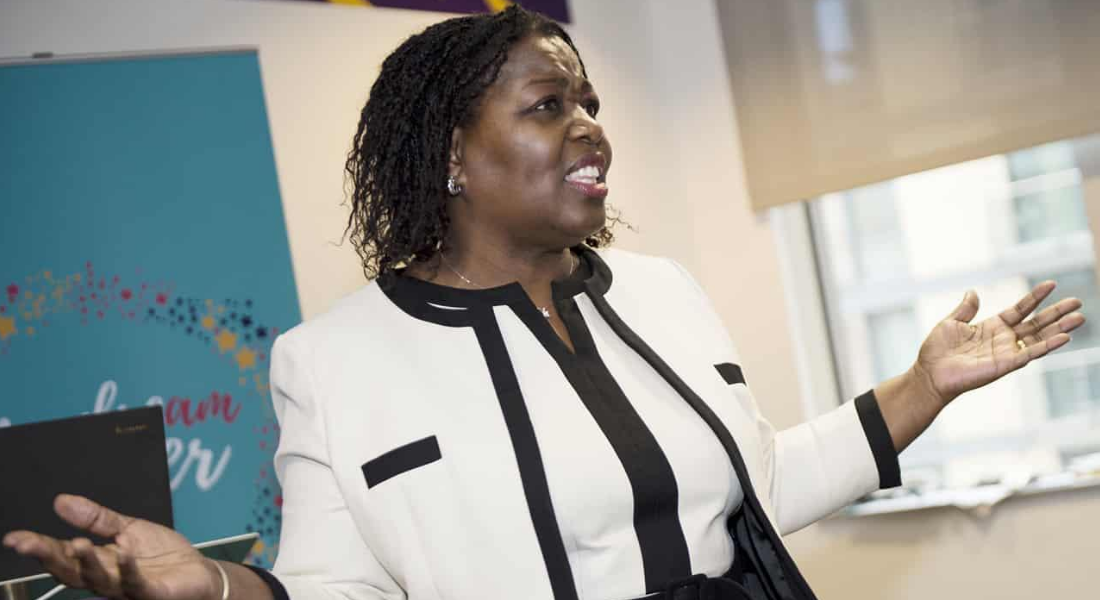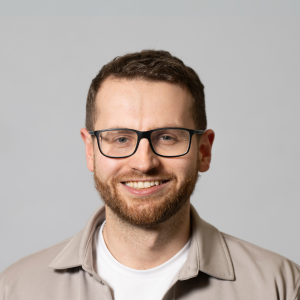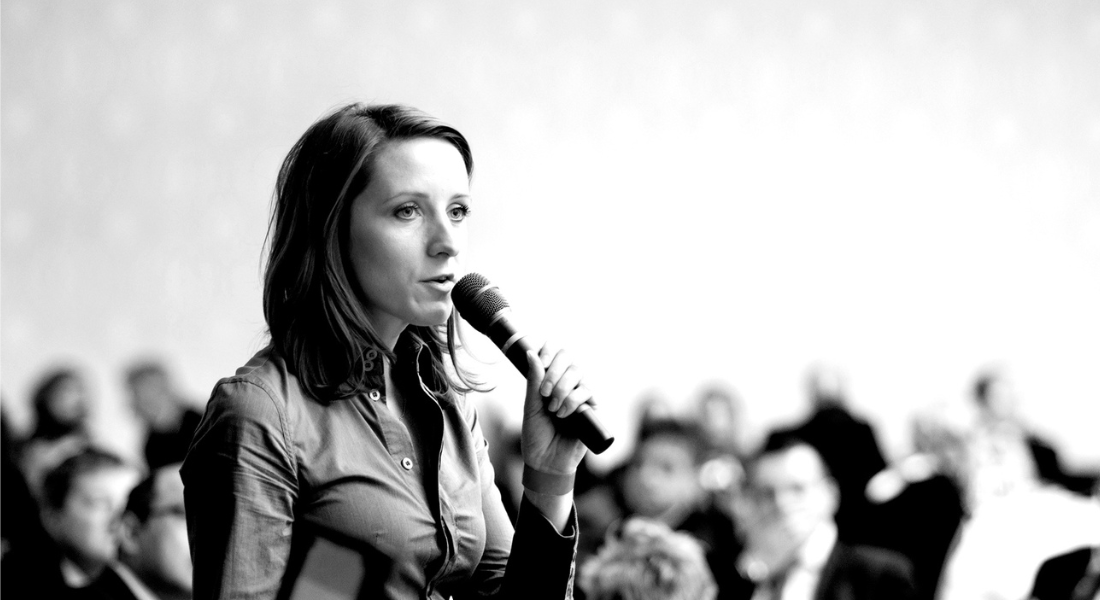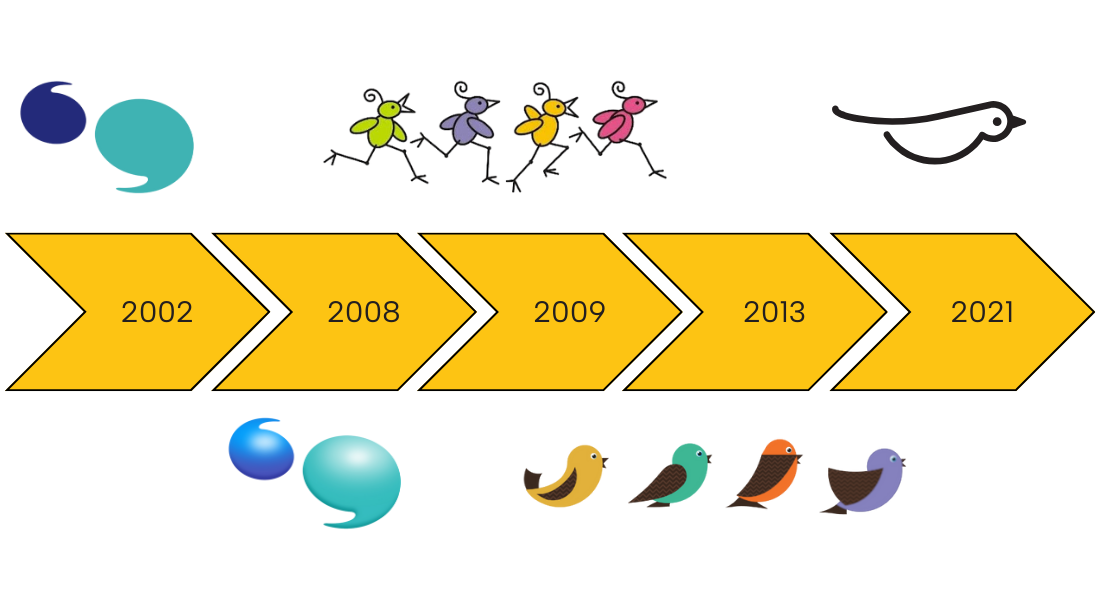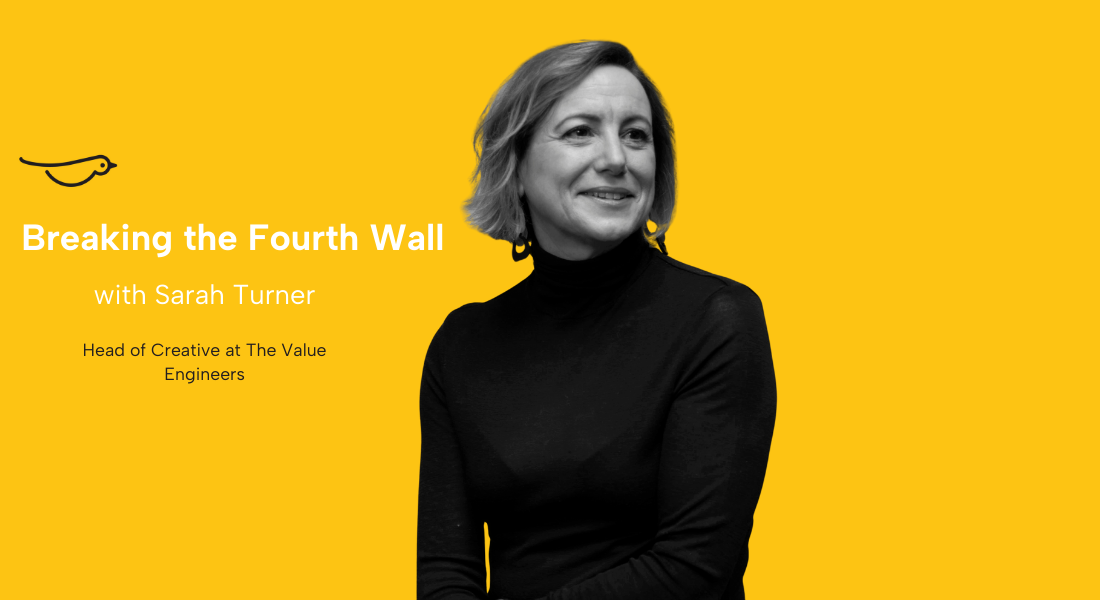After appearing as a panellist on our recent ‘Honest Talks: Leadership in 2020’ event, we caught up with Olive Strachan separately to find out more about the work she does and the conversations she’s been having with businesses around diversity, particularly in light of the Black Lives Matter movement.
Here’s part one of a two part series of blogs, sharing our interview with Olive.
Fourth Day (4D): Tell us about your background and what you do
Olive Strachan (OS): I’ve worked in coaching, training and consultancy for the past 21 years, with businesses of all sizes and from all sectors – including the Co-operative Bank, Mars and PwC.
I work with organisations to help them achieve peak performance using executive coaching and leadership development.
The other area I focus on within businesses is increasing diversity and inclusion; many companies I work with have a desire to employ a more diverse workforce. So, I work with the organisation reviewing their strategic goals, mission, vision and values together with an audit of the company, to see what might be holding them back from achieving this.
A constant refrain I hear from organisations is that they have difficulty recruiting black and ethnic minority staff – these companies need to examine their recruitment practices and ensure that they have an inclusive culture within their organisations.
4D: What issues do you usually come across when you first start talking to businesses about diversity?
OS: I usually get a feeling for the business and its values as soon as I walk into the reception, by the welcome I receive. You can tell what the company culture is like instantly; how inclusive a company is will often depend on the people at the top which filters down through the organisation.
Shockingly, I’ve only ever met two CEOs who were black or Asian in my whole working life. And if there is a Head of Diversity & Inclusion in the business, in the majority of cases they do not come from a black or ethnic minority background, so won’t understand the lived experience of a black person.
Another big issue that comes up around diversity in the workplace is conversation. People are often too embarrassed to ask questions or worried they don’t know how to address black people – should they be referring to them as black or an ethnic minority? Because this is difficult and challenging people tend to avoid rather than confront these questions.
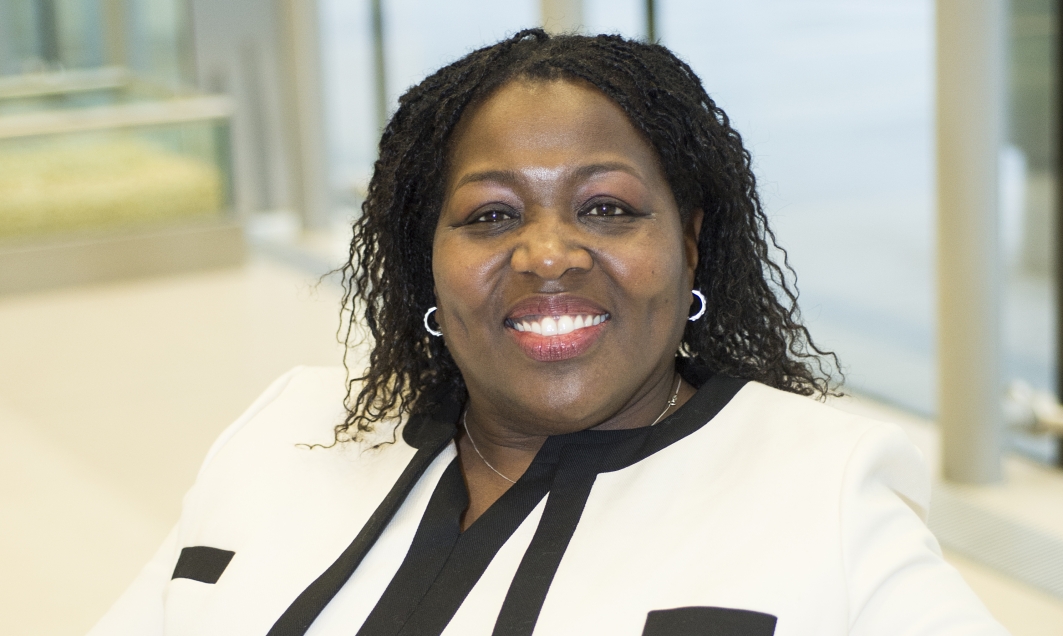
"I usually get a feeling for the business and its values as soon as I walk into the reception, by the welcome I receive."
4D: What changes are you seeing in the business landscape with regards to the topic of diversity?
OS: We’re hearing a more positive narrative from a variety of sources, diversity covers race, gender, age, sexuality etc. In the current climate with the death of George Floyd, I have seen more focus on race and ‘the black lived experience.’ This means that organisations are not just offering staff a one-day training course on diversity and inclusion or unconscious bias, but looking at this more strategically.
The CIPD have been putting some great policies in place to help HR departments and businesses work harder on diversity. They’ve also produced an excellent paper, which explains why we should focus on race and shares some lived experiences of being black.
It’s great that they’ve been willing to highlight these difficult conversations and put things in a wider context for businesses. It’s helping them to have conversations with their staff and to better explain the reasons behind diversity initiatives.
4D: What changes have you seen off the back of the Black Lives Matter (BLM) movement?
OS: As a black woman, racism is something I’ve experienced on a daily basis, but I have seen changes both personally and professionally since BLM. There seems to be an understanding that in order to make positive change we need to have more black people in positions of power. E.g. the recent nomination of Kamala Harris in the US. In the UK, ITV have just recruited Ade Rawcliffe as Group Director of Diversity and inclusion. This is fabulous news.
On a personal level I’ve had lots of friends and neighbours demonstrating concern and asking me how they can learn more about black history and culture. I recommend books and magazines by Candice Brathwaite, who has become hugely influential as an author and influencer recently. And the UK’s first magazine to empower young black girls, Cocoa Girl, was launched in July 2020.
Professionally, I’ve found that my knowledge and expertise is being called upon. I’m being asked to chair more panels. In the past, many panels were exclusively white and male – but it’s great to be part of the discussion and to get my voice across and share my message with people.
Olive recently wrote her first book, ‘The Power of You’, sharing her story as a black female entrepreneur with the aim of inspiring others to achieve and succeed.
Look out for our next instalment of our interview with Olive, which will include advice for businesses on managing their reputation when approaching the topic of diversity.
Share this:

